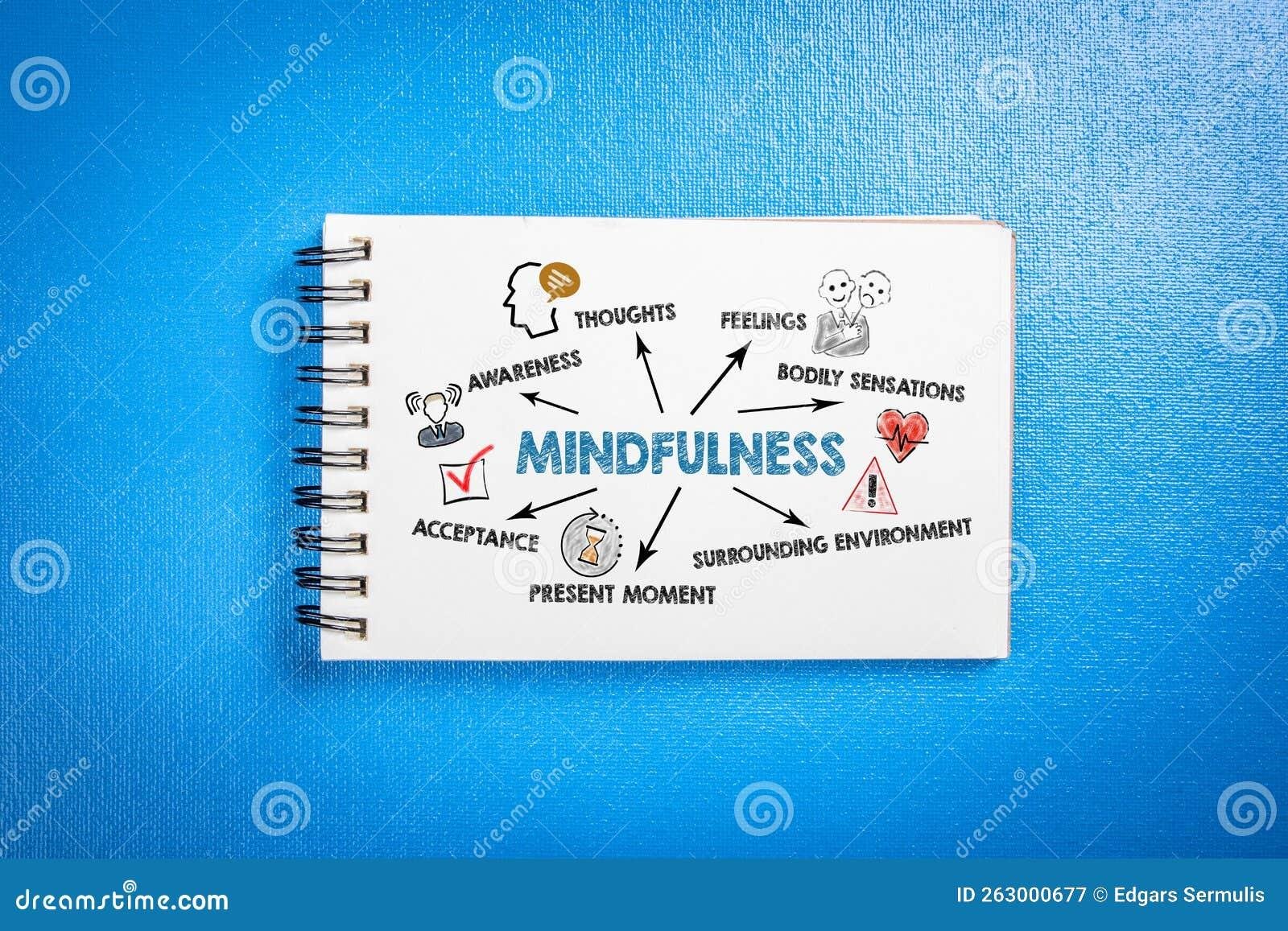Now Reading: “The Power of Mindfulness: How It Can Transform Your Health”
-
01
“The Power of Mindfulness: How It Can Transform Your Health”
“The Power of Mindfulness: How It Can Transform Your Health”

In today’s fast-paced and often stressful world, more and more people are turning to mindfulness as a powerful tool to improve their mental and physical well-being. Mindfulness, an ancient practice with roots in Buddhism, involves paying attention to the present moment without judgment. Studies have shown that incorporating mindfulness into one’s daily routine can have a profound impact on health outcomes, from reducing stress and anxiety to improving sleep and increasing overall happiness. In this article, we will explore the science behind the power of mindfulness and how it can transform your health for the better.
The Science Behind Mindfulness and its Impact on Health
Research has shown that incorporating mindfulness practices into your daily routine can have a profound impact on your overall health and well-being. By paying attention to the present moment without judgment, individuals can reduce stress, improve focus, and enhance their emotional regulation. Mindfulness has been linked to a myriad of health benefits, including lower blood pressure, reduced inflammation, and improved sleep quality. It can also strengthen the immune system, boost cognitive function, and ease symptoms of anxiety and depression.
One of the key mechanisms behind the health benefits of mindfulness is its ability to activate the body’s relaxation response, which helps to counteract the harmful effects of chronic stress. This stress-reducing practice can lead to a decrease in cortisol levels, lower heart rate, and improved digestion. By cultivating a mindful attitude, individuals can develop a greater sense of self-awareness and self-compassion, promoting a more positive outlook on life and a stronger sense of resilience in the face of challenges.

Practical Ways to Incorporate Mindfulness into Your Daily Routine
One practical way to incorporate mindfulness into your daily routine is to start your day with a short meditation. Find a quiet place where you can sit comfortably, close your eyes, and focus on your breath. Take deep breaths in and out, allowing yourself to ground and center before beginning your day. This simple practice can help set a positive tone for the rest of your day and cultivate a sense of calm and focus.
Another way to incorporate mindfulness into your daily routine is to practice mindful eating. Instead of mindlessly consuming your meals, take the time to savor each bite. Pay attention to the flavors, textures, and sensations of the food in your mouth. Chew slowly and mindfully, fully experiencing each bite. This practice can not only enhance your appreciation for food but also help you to be more in tune with your body’s hunger and fullness cues.
Benefits of Mindfulness for Physical and Mental Well-being
Mindfulness is a powerful practice that can have transformative effects on both our physical and mental well-being. By cultivating mindfulness, individuals can improve their overall health and quality of life in numerous ways. One of the key benefits of mindfulness is its ability to reduce stress and anxiety levels, leading to a greater sense of calm and balance in daily life. When we are less stressed, our bodies are better able to function optimally, resulting in improved physical health.
Additionally, practicing mindfulness can enhance our mental clarity and focus, allowing us to be more present and engaged in our daily activities. This increased awareness can lead to better decision-making, improved relationships, and a greater sense of overall fulfillment. By incorporating mindfulness into our daily routine, we can experience a profound shift in our health and well-being, helping us to live more fully and authentically.
Mindfulness Techniques for Managing Stress and Improving Self-Care
Mindfulness is a powerful tool that can help you manage stress and improve your overall self-care routine. By practicing mindfulness techniques, you can learn to focus on the present moment and cultivate a sense of calm and awareness. This can have a transformative effect on your health, both physically and mentally.
One of the key aspects of mindfulness is practicing deep breathing exercises. By taking slow, deliberate breaths and focusing on each inhale and exhale, you can activate your body’s relaxation response and reduce feelings of stress and anxiety. Additionally, incorporating mindfulness into your daily routine can help you become more attuned to your thoughts and emotions, allowing you to better understand and address any underlying issues that may be contributing to your stress levels.
Expert Recommendations for Harnessing the Power of Mindfulness
Mindfulness is a powerful tool that can help transform your health and well-being in a multitude of ways. Experts recommend incorporating mindfulness practices into your daily routine to experience its full benefits. Whether you’re dealing with stress, anxiety, chronic pain, or simply looking to improve your overall quality of life, mindfulness can be a game-changer.
Here are some :
- Start small: Begin with just a few minutes of mindfulness practice each day, gradually increasing the duration as you become more comfortable.
- Focus on the present: Instead of dwelling on the past or worrying about the future, try to stay present in the moment and fully experience what is happening now.
- Practice self-compassion: Be kind to yourself and acknowledge that mindfulness is a skill that takes time to develop.
Final Thoughts
In conclusion, the practice of mindfulness has been shown to have a powerful impact on our overall health and well-being. From reducing stress and anxiety to improving our immune function and cognitive abilities, the benefits of being present and aware in each moment are clear. By incorporating mindfulness into our daily lives through meditation, deep breathing, and other techniques, we can transform our health and experience a greater sense of balance and peace. So take the time to cultivate mindfulness in your life and see how it can truly transform your health for the better.



























